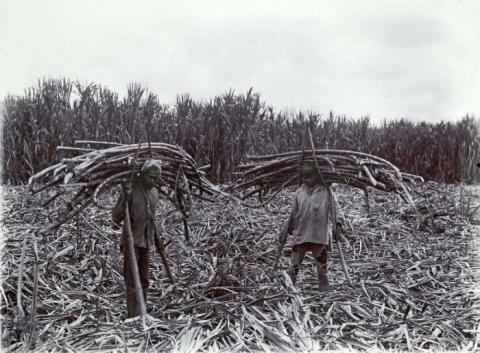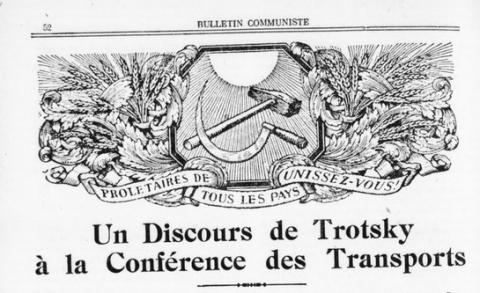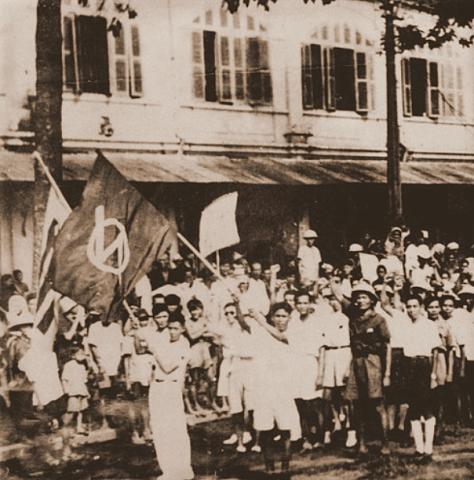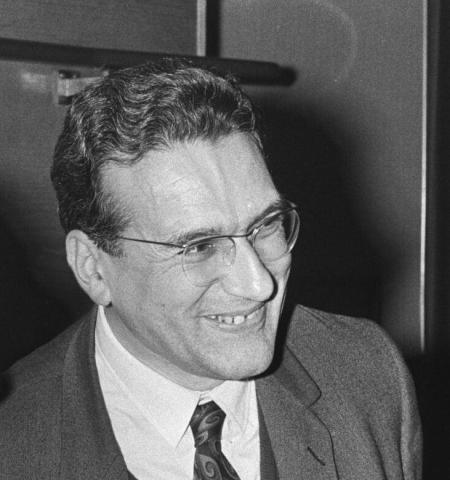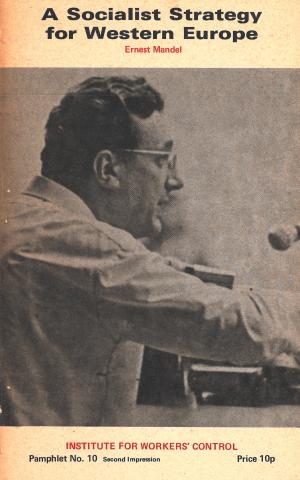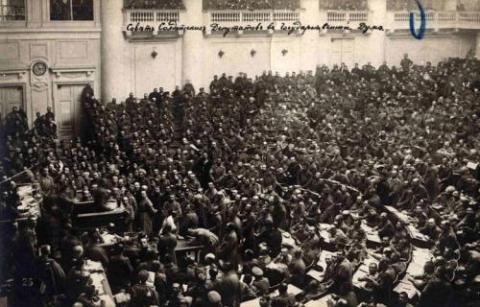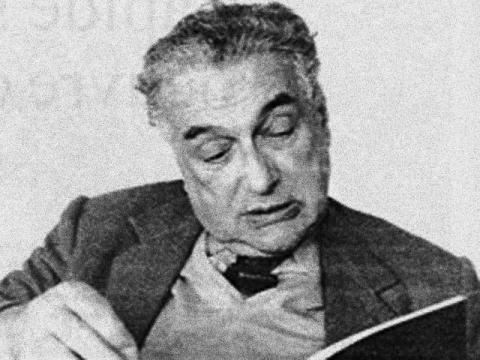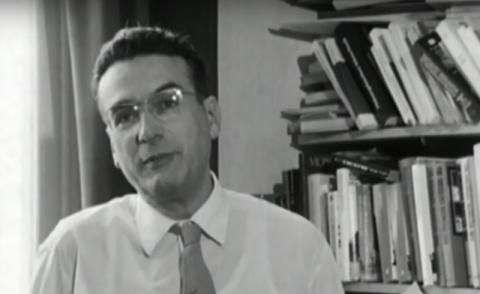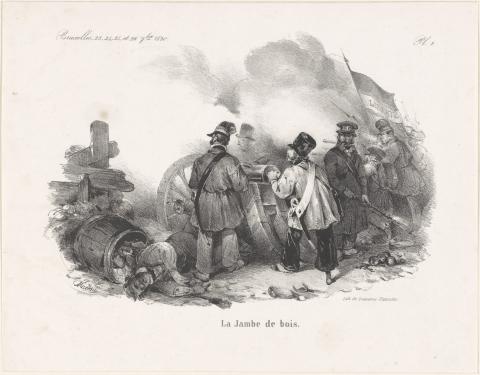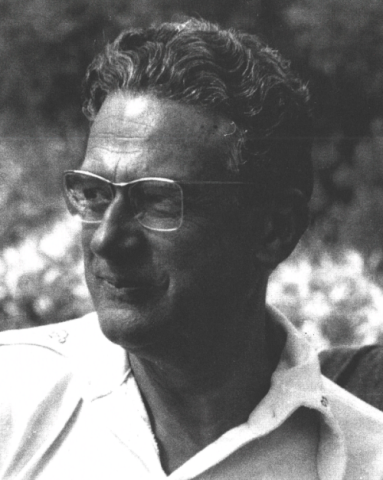Mandel
1955. Ernest Mandel: The discussion on the trade-union question in the Bolshevik party (1920-1921)
3 April 2023Any serious discussion in a Marxist organization has two aspects.i It is born of ongoing events and tends to respond to a need for action born from the same events. In this respect, any discussion which is not artificial is inevitably partly pragmatic. But the answer given and the method which determines it become part of the whole of Marxist theory, and in one way or another modify the ideas—and the action—of future generations of Marxists, and even the answers given by the same generation to future questions.
1986. Ernest Mandel: What is the theory of permanent revolution?
27 March 2023For eighty years, the theory of permanent revolution has been the object of a permanent debate inside the international labour and revolutionary movement.i A great number of articles and books have been devoted to the discussion. A significant number of revolutions and counter-revolutions have. occurred in the less developed countries of the world in which this theory could be tested in the light of real historical development.
Marx, Engels y el problema de la doble moral
22 March 2023A menudo se ha acusado a Marx y Engels de defender un doble rasero y de tener una doble moral. Se supone que ambos se oponían a aplicar a la lucha de clases los mismos principios éticos que suelen regular las relaciones entre individuos. De ahí la acusación de que ellos y sus discípulos (Lenin y Trotsky, entre otros) propugnaban el principio de que en la lucha de clases “el fin justifica los medios”.
1994. Ernest Mandel: All power to the workers' councils
14 February 2023Council socialism is a social order in which the mass of the population itself decides in a self-governing, self-determining manner what is produced, how production takes places, and how a decisive part of the results of this production is no longer distributed via the market, but according to the principle of satisfying needs.i
1983. Ernest Mandel: Marx, Engels and the problem of a double morality
27 November 2022Marx and Engels have often been accused of advocating double standards, and having a double morality.1 Supposedly, they opposed applying the same ethical principles that usually regulate relations between individuals to the class struggle. Hence the accusation that they and their disciples (Lenin and Trotsky, among others) put forward the principle that in the class struggle ‘the end justifies the means’.
1964: Ernest Mandel: Mercantile Categories in the Period of Transition
4 October 2022This article article originally appeared in the January 1964 issue of Nuestra Industria, the journal of the Cuban Ministry of Industry, headed by Che Guevara. Ernest Mandel and Charles Bettelheim had been requested by the Cuban government to give their ideas on socialist construction in what became known as "the Great Debate''. This translation was originally published in: Bertram Silverman (ed.) Man and Socialism in Cuba. The Great Debate (1971).
Economic Categories and Historical Reality
Popular masses in the bourgeois revolution of the Southern Netherlands (1565-1585, 1789-1794, 1830)
19 September 2022Naturally one cannot reduce the political struggles that characterized the three successive phases of the bourgeois, national-democratic revolutions in the Southern Netherlands (those of the 16th, 18th and 19th centuries) to purely or essentially religious and constitutional conflicts.i One must lay bare the socio-economic motivations and components of these struggles. This may sound banal. For some contemporary historians, however, it is far from self-evident.
1970. Ernest Mandel: Ernest Mandel: Sindicatos – ¿Pilares del sistema o sus oponentes?
22 August 2022El movimiento sindical moderno es producto de la primera fase del capitalismo moderno, el de la libre competencia. El modo de producción capitalista niega a los productores el libre acceso a los medios de producción y los alimentos, obligándolos así a vender su fuerza de trabajo para obtener los medios de subsistencia diaria; su fuerza de trabajo se transforma en una mercancía. Como cualquier propietario de mercancías, el propietario de la fuerza de trabajo va al mercado a venderla.

